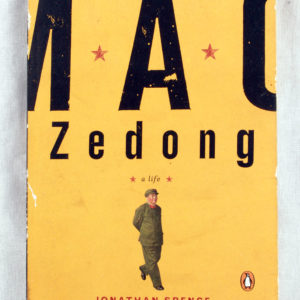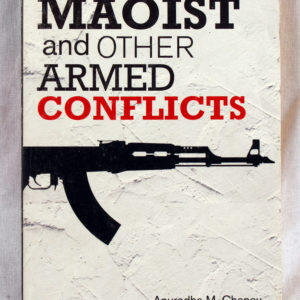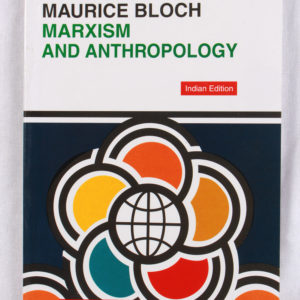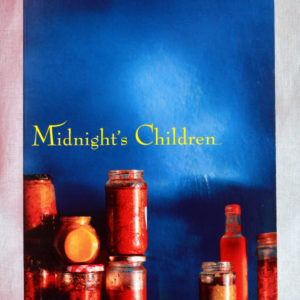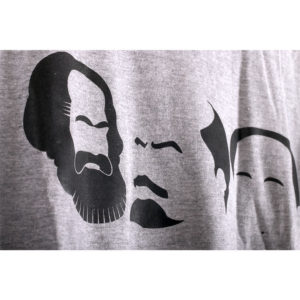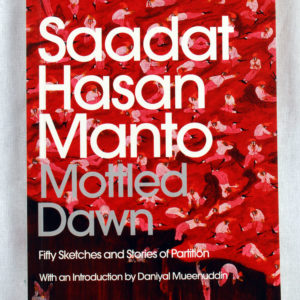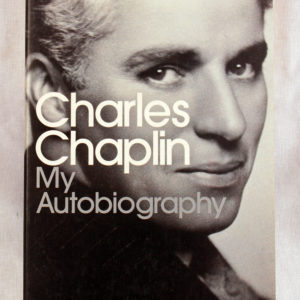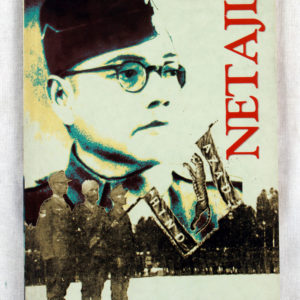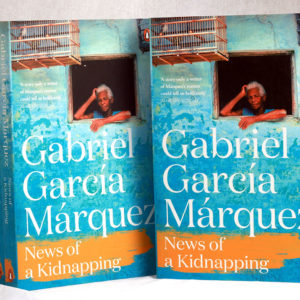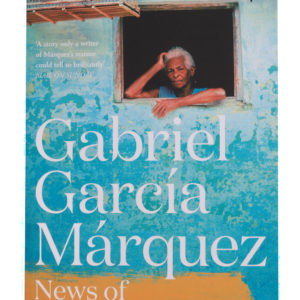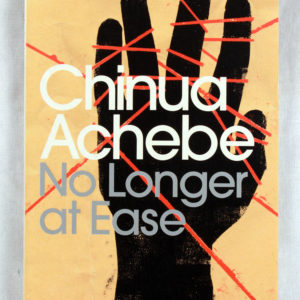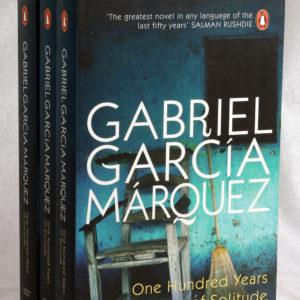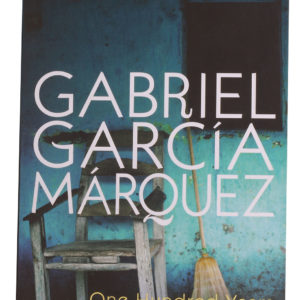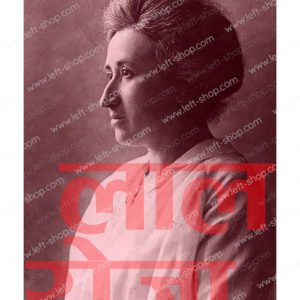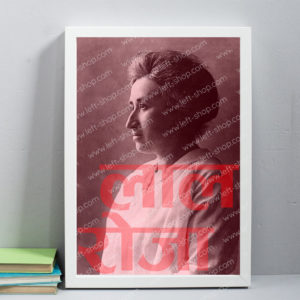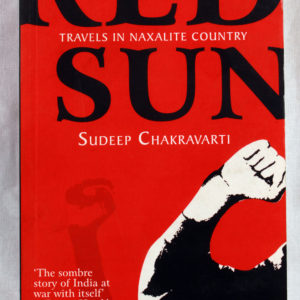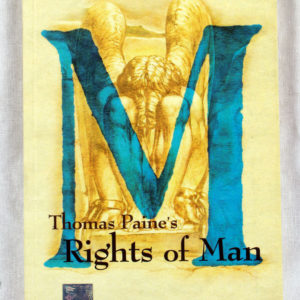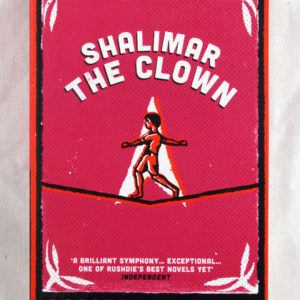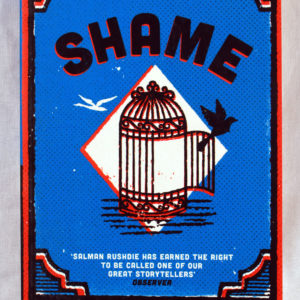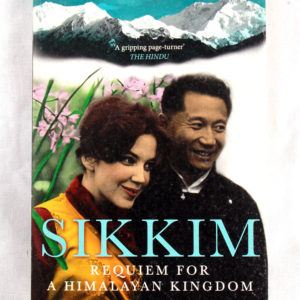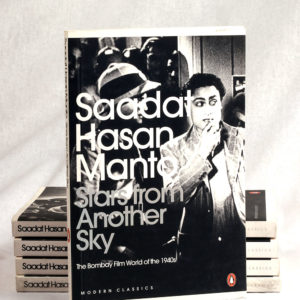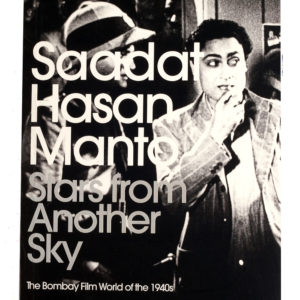Filter
‘Spence draws upon his extensive knowledge of Chinese politics and culture to create an illuminating picture of Mao. . . . Superb.’ (Chicago Tribune) From humble origins in the provinces, Mao Zedong rose to absolute power, unifying with an iron fist a vast country torn apart by years of weak leadership, colonialism, and war. This sharply drawn and insightful account brings to life this modern-day emperor and the tumultuous era that he did so much to shape.
Jonathan Spence captures Mao in all his paradoxical grandeur and sheds light on the radical transformation he unleashed that still reverberates in China today.
One-sixth of all Indians today live in areas of armed conflict. Seeking solutions, this book is a holistic examination of present armed conflicts as well as the past ones in Punjab and Mizoram, illuminating their common roots, as well as the responses of the state and civil society. The authors show how insurgencies are propelled by a complex mix of issues: the denial of justice and rights, identity concerns, and the breakdown of the social and symbolic order, rather than merely poverty and lack of education. Draconian laws like the Armed Forces (Special Powers) Act and measures like encounters, crackdowns and Salwa Judum aggravate the sense of collective victimhood and feelings of alienation from the national community.
This book examines the uses made of anthropology by Marx and Engels, and the uses made of Marxism by anthropologists. Looking at the writings of Marx and Engels on primitive societies, the book evaluates their views in the light of present knowledge and draws attention to inconsistencies in their analysis of pre-capitalist societies. These inconsistencies can be traced to the influence of contemporary anthropologists who regarded primitive societies as classless. As Marxist theory was built around the idea of class, without this concept the conventional Marxist analysis foundered.
First published in 1983.
This book extends the theme of Raymond Williams’s earlier work in literary and cultural analysis. He analyses previous contributions to a Marxist theory of literature from Marx himself to Lukacs, Althusser, and Goldmann, and develops his own approach by outlining a theory of `cultural materialism’ which integrates Marxist theories of language with Marxist theories of literature. Williams moves from a review of the growth of the concepts of literature and idealogy to a redefinition of `determinism’ and `hegemony’. His incisive discussion of the ‘social material process’ of cultural activity culminates in a re-examination of the problems of alignment and commitment and of the creative practice in individual authors and wider social groups.
Midnight’s Children is a 1981 novel by British Indian author Salman Rushdie. It deals with India’s transition from British colonialism to independence and the partition of British India. It is considered an example of postcolonial, postmodern, and magical realist literature.
This tshirt is designed for Marxist, Leninist, and Maoist who believes in MLM ideology.
Tshirt Material : Combed Cotton
Sizes Available : M, L, XL
Tshirt Color : Grey
Print Color : Black
Mottled Dawn Is A Collection Of Saadat Hasan Manto S Most Powerful Pieces On The Partition Of The Subcontinent Into India And Pakistan In 1947. The Book Includes Unforgettable Stories Like Toba Tek Singh , The Return , The Assignment , Colder Than Ice And Many More, Bringing Alive The Most Tragic Event In The History Of The Indian Subcontinent.
My Autobiography is a book by Charlie Chaplin, first published by Simon & Schuster in 1964. Along with Chaplin: His Life and Art, it provided the source material for the 1992 feature film Chaplin. It provides a revealing look into the life of a 20th-century filmmaker and celebrity. The Chicago Tribune said the book was “The best autobiography ever written by an actor. An astonishing work.”
A concise biography of Netaji Subhas Chandra Bose meant for the young. The book will help to inculcate in the rising generation the basic human qualities like partriotism, national unity, self-sacrifice, courage and a concern for the poor of which Netaji was the shining example.
Krishna Bose is an eminent writer, educationist and parliamentarian. Educated at Calcutta University, she taught for 40 years at the City College of Calcutta where she was Head of the Department of English and for 8 years the Principal. She is a leading contemporary writer of Calcutta.
THIS ASTONISHING BOOK by the Nobel laureate Gabriel García Márquez chronicles the 1990 kidnappings of ten Colombian man and women–all journalists but one–by the Medellín drug boss Pablo Escobar. The carefully orchestrated abductions were Escobar’s attempt to extort from the government its assurance that he, and other narcotics traffickers, would not be extradited to the United States if they were to surrender.
The Ambedkar Cartoons, 1932–1956
Unnamati Syama Sundar with a Foreword by Suraj Yengde
This history like no other asks you to consider what you are laughing at.
In 2012, the inclusion of a 1949 cartoon by Shankar showing Jawaharlal Nehru whipping a snail-borne B.R. Ambedkar in a school textbook, evoked dalit protest, and a savarna counter on the grounds of artistic freedom. Scholar and cartoonist Unnamati Syama Sundar then undertook an archival survey of cartoons on Ambedkar in the English language press. The result, a collection of over a hundred cartoons from India’s leading publications, drawn by Shankar, Enver Ahmed and R.K. Laxman, among others, lays bare the perverse and thoughtless hostility Ambedkar often contended with. The incisional commentary woven around each cartoon offers a veritable biography of a man historically wronged.
Unnamati Syama Sundar grew up in Vijayawada on a diet of Calvin and Hobbes, Dennis the Menace, Chacha Chaudhary and Amar Chitra Katha. He is doing his doctoral research at Jawaharlal Nehru University on the art featured in Chandamama, the popular Telugu children’s magazine founded in 1947. Syama Sundar is well-known for his Ambedkarite cartoons in the non-savarna social media world. His work is featured regularly on the website roundtableindia.co.in.
The brilliant, bestselling, landmark novel that tells the story of the Buendia family, and chronicles the irreconcilable conflict between the desire for solitude and the need for love—in rich, imaginative prose that has come to define an entire genre known as “magical realism.”
In 1967, Naxalbari, a village in West Bengal, became the centre of a Mao inspired militant peasant uprising guided by firebrand intellectuals. Today, Naxalism is no longer the Che Guevara-style revolution that it was. Spread across 15 of India’s 28 states, it is one of the world’s biggest, most sophisticated extreme-Left movements, and feeds off the misery and anger of the dispossessed. Since the late 1990s, hardly a week has passed without people dying in strikes and counter-strikes by the Maoists – interchangeably known as the Naxalites – and police and paramilitary forces.
In this disturbing examination of the ‘Other India’, Sudeep Chakravarti combines political history extensive interviews and individual case histories as he travels to the heart of Maoist zones in the country: Chhattisgarh (home to the controversial state-sponsored Salwa Judum programme to contain Naxalism), Jharkhand, West Bengal, Karnataka and Andhra Pradesh (where a serving chief minister was nearly killed in a landmine explosion triggered by the Naxalites). He meets Maoist leaders and sympathizers, policemen, bureaucrats, politicians, security analysts, development workers, farmers and tribals – people, big and small, who comprise the actors and the audience in this war being fought in jungles and impoverished villages across India. What emerges is a sobering picture of a deeply divided society, and the dangers that lie ahead for India.
Revolutionaries is vintage Hobsbawm, written masterfully amid one of the century’s most intense periods of political and social upheaval, putting those events in historical context. Few observers were as astute as Hobsbawm at probing, criticizing, and clarifying radical movements, whether in Beijing or Berkeley. Ranging from historical investigations into communism to contemporary appraisals of revolutionary movements and meditations on Marxism, Hobsbawm’s commentaries are essential guides to ideas and people that changed the face of the twentieth century.
Rights of Man (1791), a book by Thomas Paine, including 31 articles, posits that popular political revolution is permissible when a government does not safeguard the natural rights of its people. Using these points as a base it defends the French Revolution against Edmund Burke’s attack in Reflections on the Revolution in France (1790).
It was published in two parts in March 1791 and February 1792.
A must have mug for all the admirers of Rosa Luxemburg, a Polish Marxist theorist, philosopher, economist, anti-war activist and revolutionary socialist
It has his famous quote “Those who do not move, do not notice their chains.” imprinted.
Mug Material : Ceramic
Size : 11 Oz
Color : White
Shalimar the Clown is a 2005 novel by Salman Rushdie. The novel took Rushdie four years to write, and was initially published on 6 September 2005 by Jonathan Cape. Shalimar the Clown derives its name from Shalimar Gardens, in the vicinity of Srinagar. Srinagar is one of several Mughal Gardens, which were laid out in several parts of undivided India when the Mughals reigned over the subcontinent. Shalimar is also the name of one of the characters featured in the novel. Shalimar the Clown won the 2005 Vodafone Crossword Book Award and was one of the finalists for the 2005 Whitbread Book Awards.
Shame is Salman Rushdie’s third novel, published in 1983. This book was written out of a desire to approach the problem of “artificial” (other-made) country divisions, their residents’ complicity, and the problems of post-colonialism, when Pakistan was created to separate the Muslims from the Hindus, when England gave up control of “India”…
The book was written in the style of magic realism. It portrays the lives of Iskander Harappa (sometimes assumed to be Zulfikar Ali Bhutto), and General Raza Hyder (sometimes assumed to be General Muhammad Zia-ul-Haq), and their relationship. The central theme of the novel is that begetting “shame” begets violence. The concepts of ‘shame’ and ‘shamelessness’ are explored through all of the characters, with main focus on Sufiya Zinobia and Omar Khayyám.
This is the true story of Sikkim, a tiny Buddhist kingdom in the Himalayas that survived the end of the British Empire only to be annexed by India in 1975.It tells the remarkable tale of Thondup Namgyal, the last King of Sikkim, and his American wife, Hope Cooke, thrust unwittingly into the spotlight as they sought support for Sikkim’s independence after their ‘fairytale’ wedding in 1963. As tensions between India and China spilled over into war in the Himalayas, Sikkim became a pawn in the Cold War in Asia during the 1960s and 1970s. Rumours circulated that Hope was a CIA spy. Meanwhile, a shadowy Scottish adventuress, the Kazini of Chakung, married to Sikkim’s leading political figure, coordinated opposition to the Palace. As the world’s major powers jostled for regional supremacy during the early 1970s Sikkim and its ruling family never stood a chance. On the eve of declaring an Emergency across India, Indira Gandhi outwitted everyone to bring down the curtain on the 300 year-old Namgyal dynasty.Based on interviews and archive research, as well as a retracing of a journey the author’s grandfather made in 1922, this is a thrilling, romantic and informative glimpse of a real-life Shangri-La.
Unforgettable reminiscences about the eccentric, glamorous, yet angst-ridden Hindi film world of the 1940s. Saadat Hasan Manto, one of the greatest short story writers of the Urdu language, was also a film journalist and story-writer for the Hindi film industry in Bombay. As an insider he was privy to the most private moments of the men and women who have dazzled generations of audiences. In this series of sketches, Ashok Kumar, the screen idol of yore, emerges as a shy, yet brilliant actor, forever looking to flee the eager advances of his female fans; Nargis comes across as just another young girl looking for companionship among her peers before she steps on the ladder that will forever take her away from the comforts of an ordinary middle-class life; and Shyam the dashing, handsome hero is portrayed as a straightforward, flirtatious young man pining for the woman he loves. Manto also describes in detail the obsessions of Sitara Devi; the unfulfilled desires of Paro Devi; and the intriguing twists and turns which transform Neena Devi from an ordinary housewife into a pawn in the hands of film companies. He writes with relish about the bunglings of the comedian V.H. Desai and the incredible dedication of Nawab Kaashmiri to the art of acting. There are also stories about the rise of Nur Jehan as the greatest singer of her times; and the various peccadilloes of the musician, Rafiq Ghaznavi. With subjects ranging from film journalism to the sexual eccentricities of these stars, Manto brings to life a generation with his characteristic verve and honesty.

